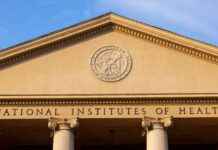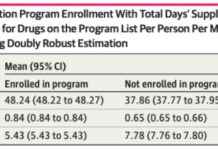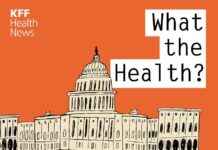First Case of Severe H5N1 Bird Flu Confirmed in the United States
The United States has officially confirmed its first case of severe human infection with the H5N1 bird flu virus. The case was identified in Louisiana, with the individual believed to have contracted the virus through contact with sick or dead birds in a backyard flock. This marks a significant development in the ongoing battle against the spread of avian flu in the country.
Confirmation and Details
The Centers for Disease Control and Prevention (CDC) made the announcement on Wednesday after confirming the case that Louisiana had reported earlier in the week. This year alone, there have been 61 confirmed human cases of H5N1 bird flu in the U.S. However, until the Louisiana case, all previous cases had exhibited very mild symptoms.
During a news conference on the H5N1 situation in the country, Demetre Daskalakis, the director of the CDC’s National Center for Immunization and Respiratory Diseases, confirmed the case. However, detailed information about the individual’s age, health status, and symptoms were deferred to the state’s health department due to patient confidentiality and the ongoing public health investigation. Louisiana authorities have only disclosed that the affected person resides in the southwestern part of the state.
Virus Strain and Comparison
Genetic sequencing of the virus revealed that it belongs to the 2.3.4.4b genotype D1.1, which is different from the strain circulating in U.S. dairy cows, clade 2.3.4.4b genotype B3.13. This particular strain is known to be circulating in wild birds and has also been linked to a recent severe illness in a teenager in British Columbia, Canada. The Canadian teenager was in critical condition for weeks and required a ventilator to breathe. Although the teenager is no longer in critical care, they remain hospitalized.
Expert Insight and Response
This latest development underscores the importance of continuous monitoring and surveillance of avian flu strains to prevent further spread and mitigate the impact on human health. Experts emphasize the need for swift and coordinated responses to such outbreaks to protect public health and prevent widespread transmission of the virus. The CDC and other health authorities are closely monitoring the situation and working to contain the spread of the H5N1 virus in the United States.

















